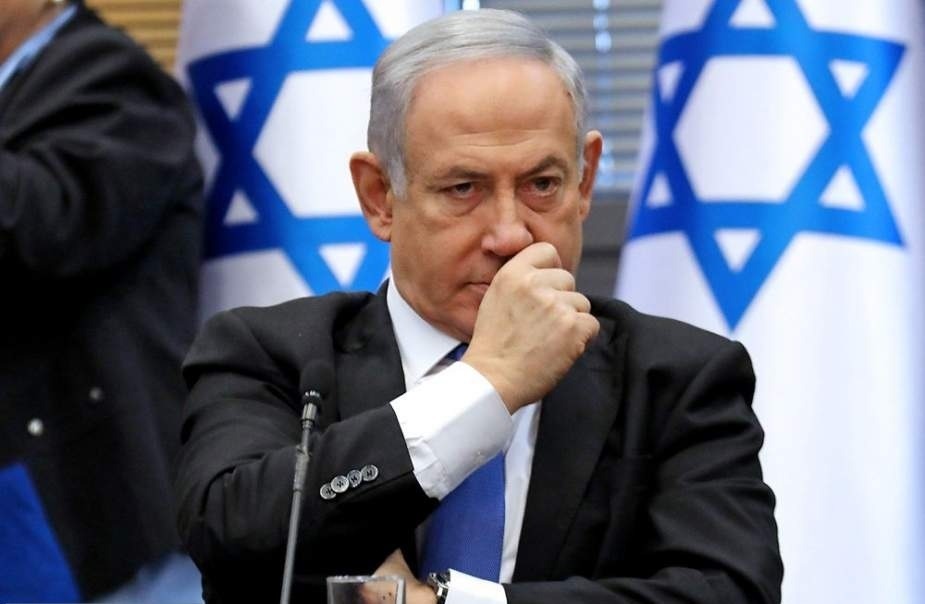Ali Abdi, in an interview with the website of the Strategic Council on Foreign Relations, referred to the protests of the residents of the Occupied Territories against Netanyahu, the Zionist regime Prime Minister, and chanted slogans such as “Netanyahu, resign” and “Israel is for us, not Netanyahu.” With his particular kind of politicking in the Zionist society, Netanyahu has practically created polarization, and this polarization around his axis will expose in the nick of time.
Referring to the popular protests over the government’s inability to contain the coronavirus, the analyst said: “Protests took place due to the economic pressure caused by the corona and also the second wave of the disease, which has become more widespread and the regime has not been able to control it. They pretended to be able to contain the first wave, but the second wave, which is much more severe and has economic consequences, has now left the regime in an almost acute state.
Possibility of Holding Re-Elections in Occupied Territories
Regarding the continuing protests against Netanyahu’s corruption and the prospects for the regime due to his extremist policies, Abdi said: “The current situation inside the Zionist regime is very complicated and a clear vision cannot be considered for it. In addition, news of escalating divisions within the government has increased the likelihood that Netanyahu will run for re-election.
He explained: “On the one hand, the government cannot control the corona, and on the other hand, economic pressures have led the society to new and acute problems. The government is also embroiled in serious disagreements, and the further it goes the more the contradictions between Benny Gantz (alternate prime minister) and Netanyahu become apparent. Despite these issues, Netanyahu is likely to decide to disrupt the coalition and hold elections.
Netanyahu’s Policy of Discrediting Gantz
The Zionist regime affairs expert stressed: Of course, part of this decision is due to the fact that Gantz will no longer have the support of the previous elections. He probably does not have a strong position as leader of the opposition and a rival of Netanyahu, and in practice, the “Blue and White” party has now lost a large part of its votes. If an election is held, Likud is definitely the leading party, but Gantz is no longer second.
According to Abdi with the kind of politicking that Netanyahu did, he practically put Gantz in the state of “checkmate” and destroyed his past credibility.
He also stressed Netanyahu’s situation under the status quo and the formation of popular protests against the corruption case and some of his policies: “Nevertheless, he has almost his own social base. However, he is somewhat shaken and may win fewer seats in the upcoming elections; but the Likud party, led by Netanyahu, will continue to be the number one party.
Regarding President Donald Trump’s support for Netanyahu’s extremist policies, despite protests from the Occupied Territories, the Israeli affairs analyst said: “Certainly part of that support is due to Netanyahu’s special relationship with Mr Trump. Netanyahu’s relationship with Obama is very different from what we see today with Trump.
Trump’s Policies in the Service of Netanyahu Gang
Abdi described the presence of Trump’s son-in-law, who is himself a far-right Jew and a strong supporter of Netanyahu, as influential in the show, and continued: “Mr Trump’s extremist policies are in fact in line with the ‘Netanyahu gang.’ Many of Mr Trump’s actions are not seen by US domestic circles as in Israel’s best interests. Even within the Zionist regime itself, there is a perception that these are in the interests of Netanyahu’s gang, not the regime as a whole; In fact, Mr Trump has characterized and put himself in the service of this gang.










0 Comments